Timeline of ArtMiddle Ages
Middle Ages
Feudalism and the rise of organized religion
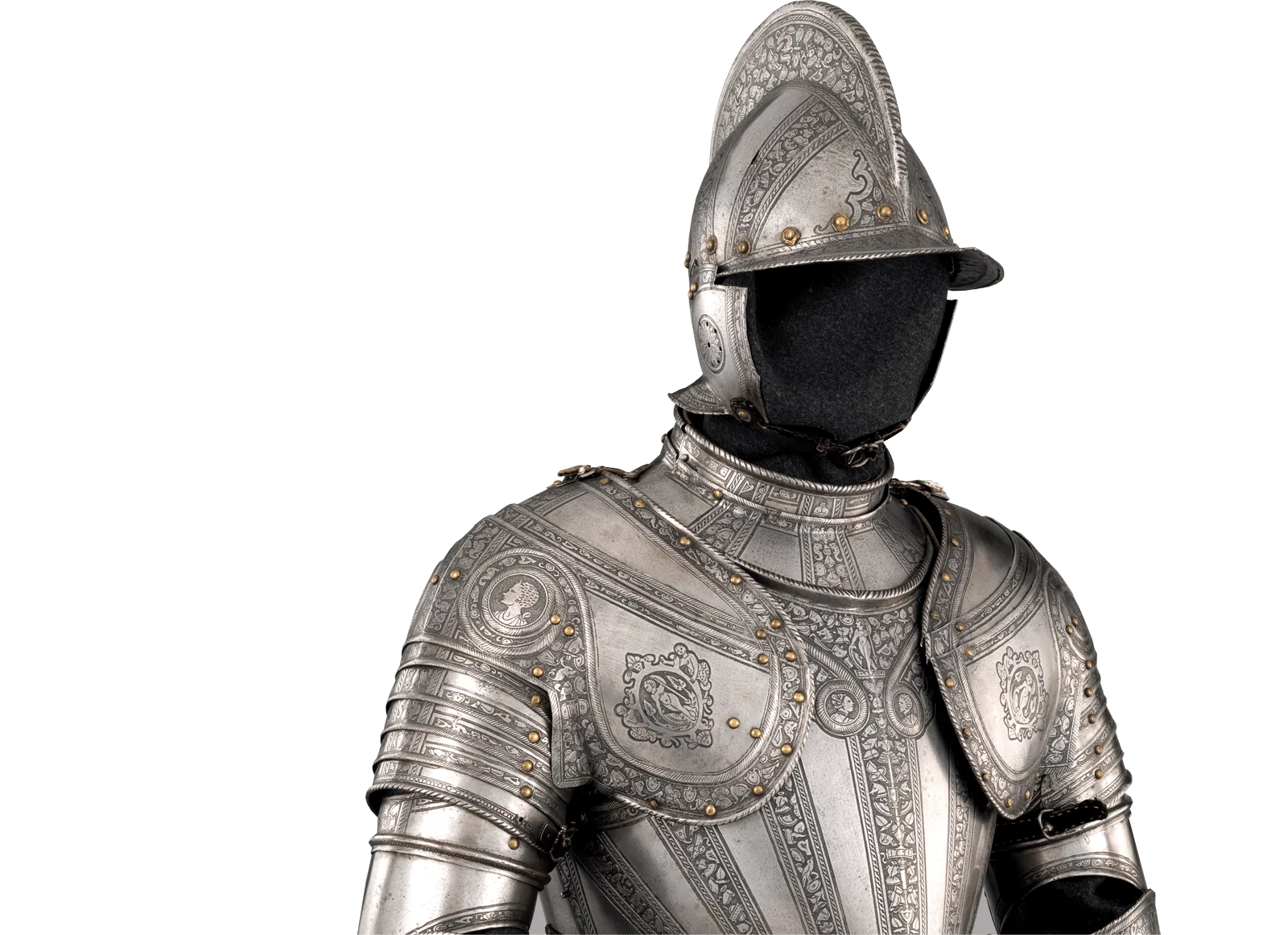

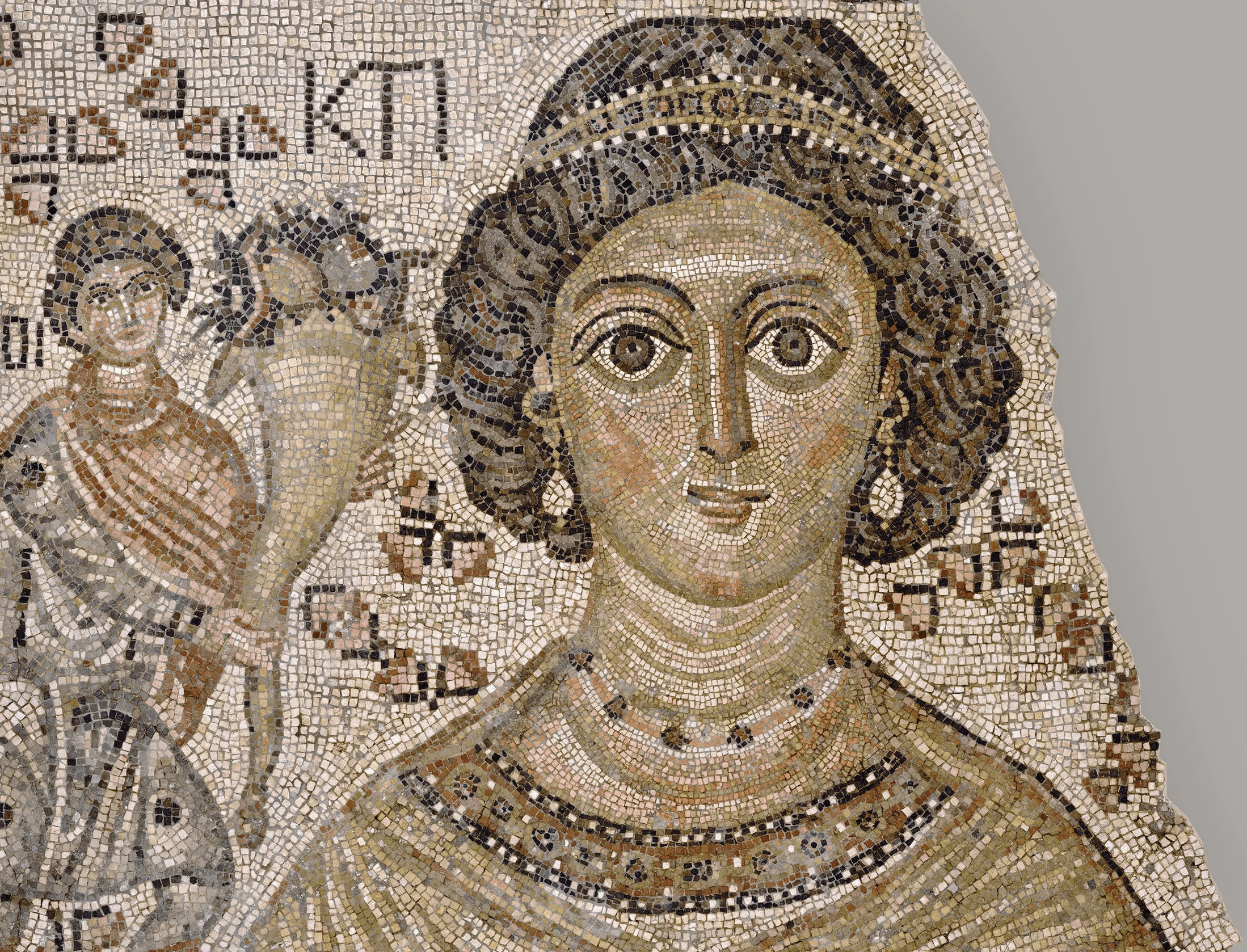
The proliferation of Christian art
330 – 1453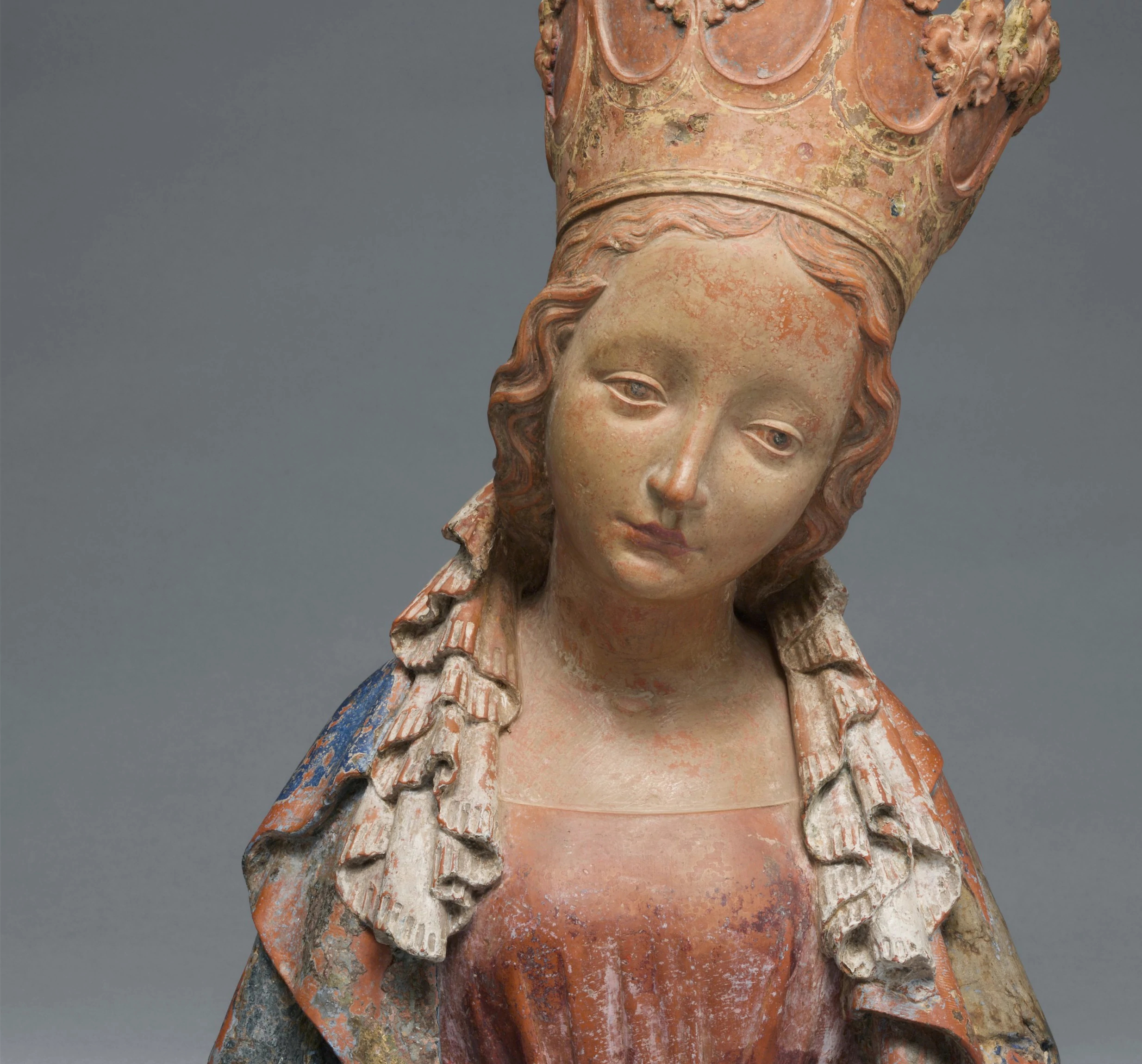
Religion, feudalism and lots of gold leaf.
476 – 1492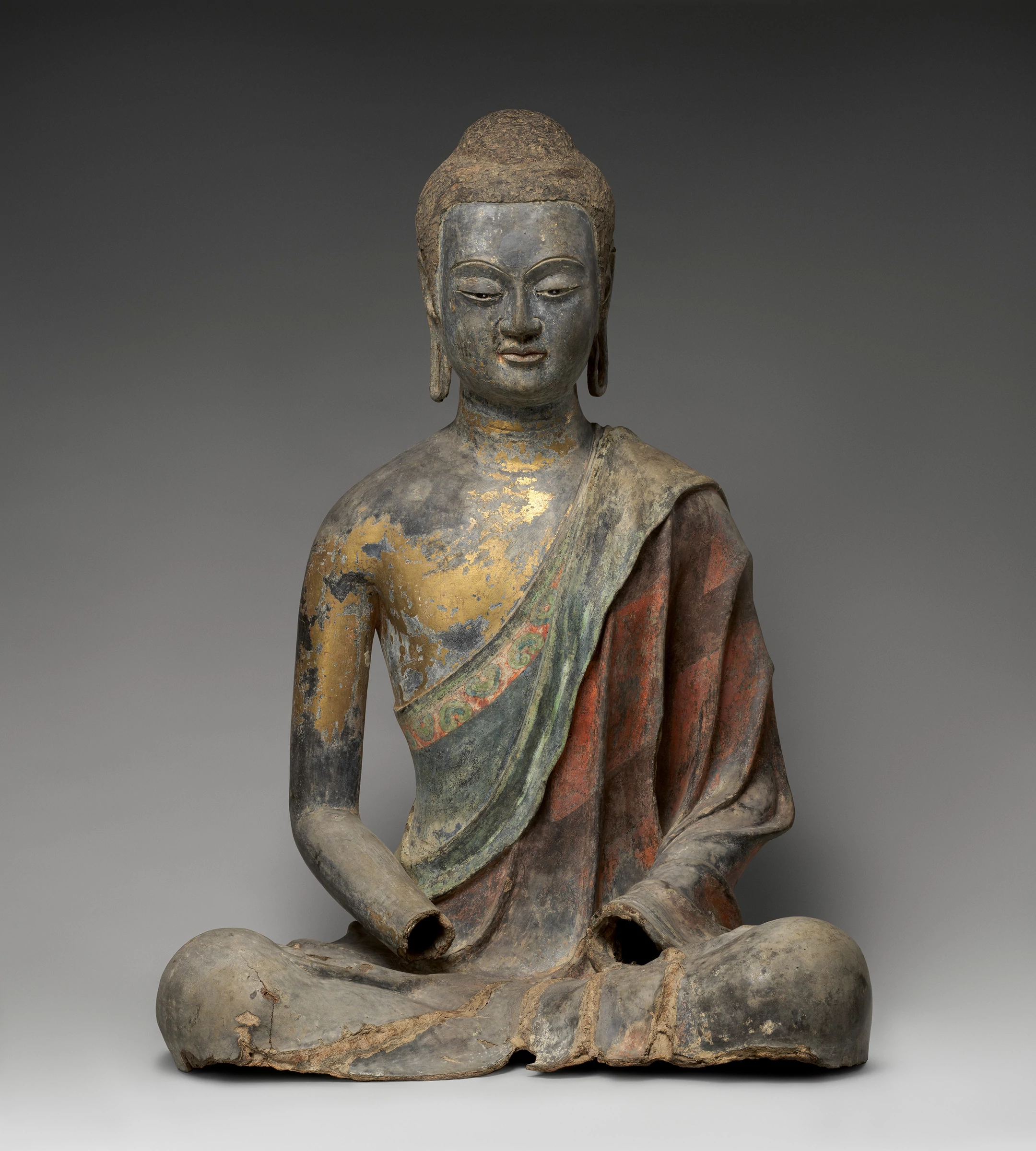
The greatest cosmopolitan empire of the middle ages
618 – 907CE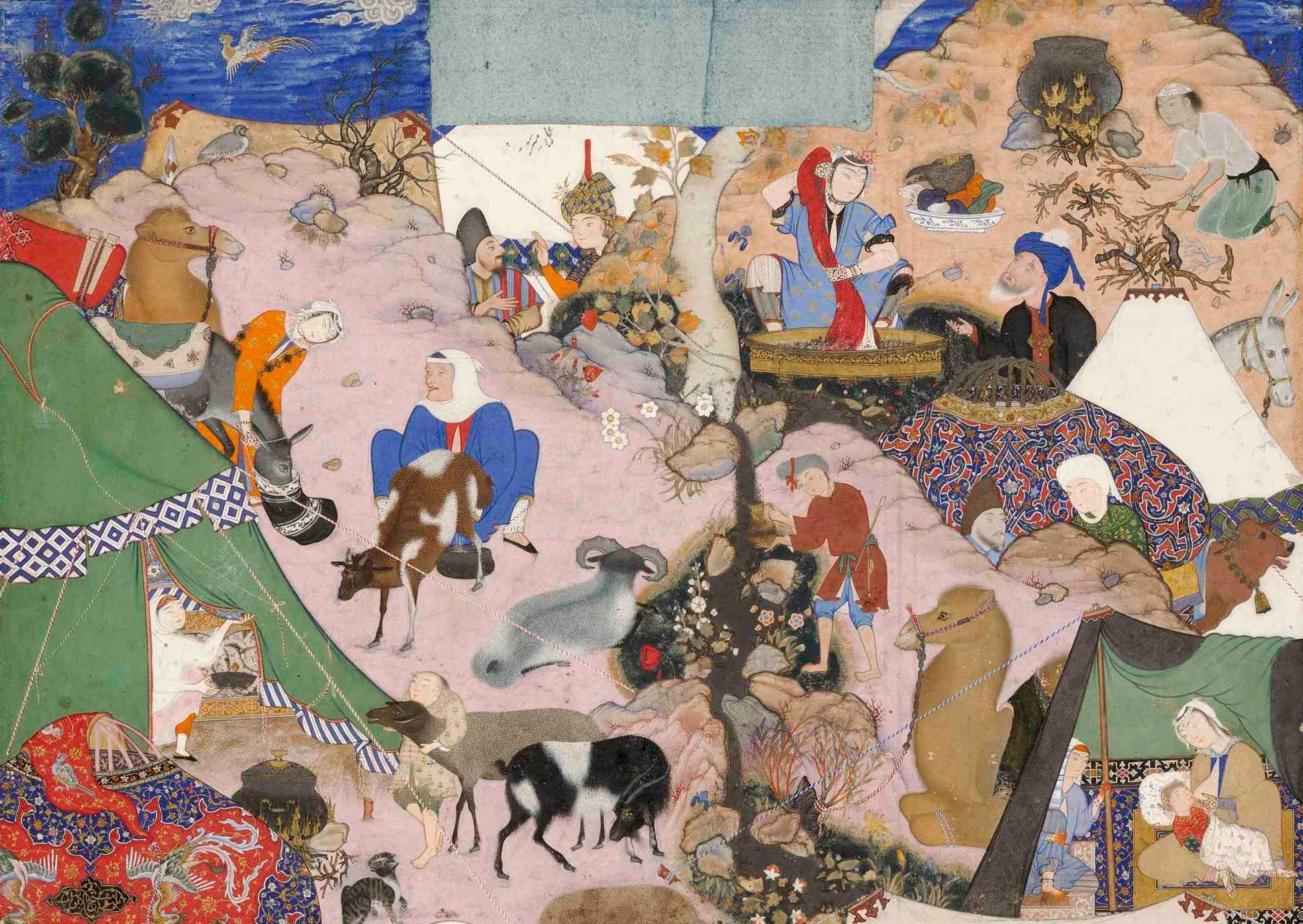
Persia brings a wealth of art, poetry, and mysticism to Islam.
651 – 1500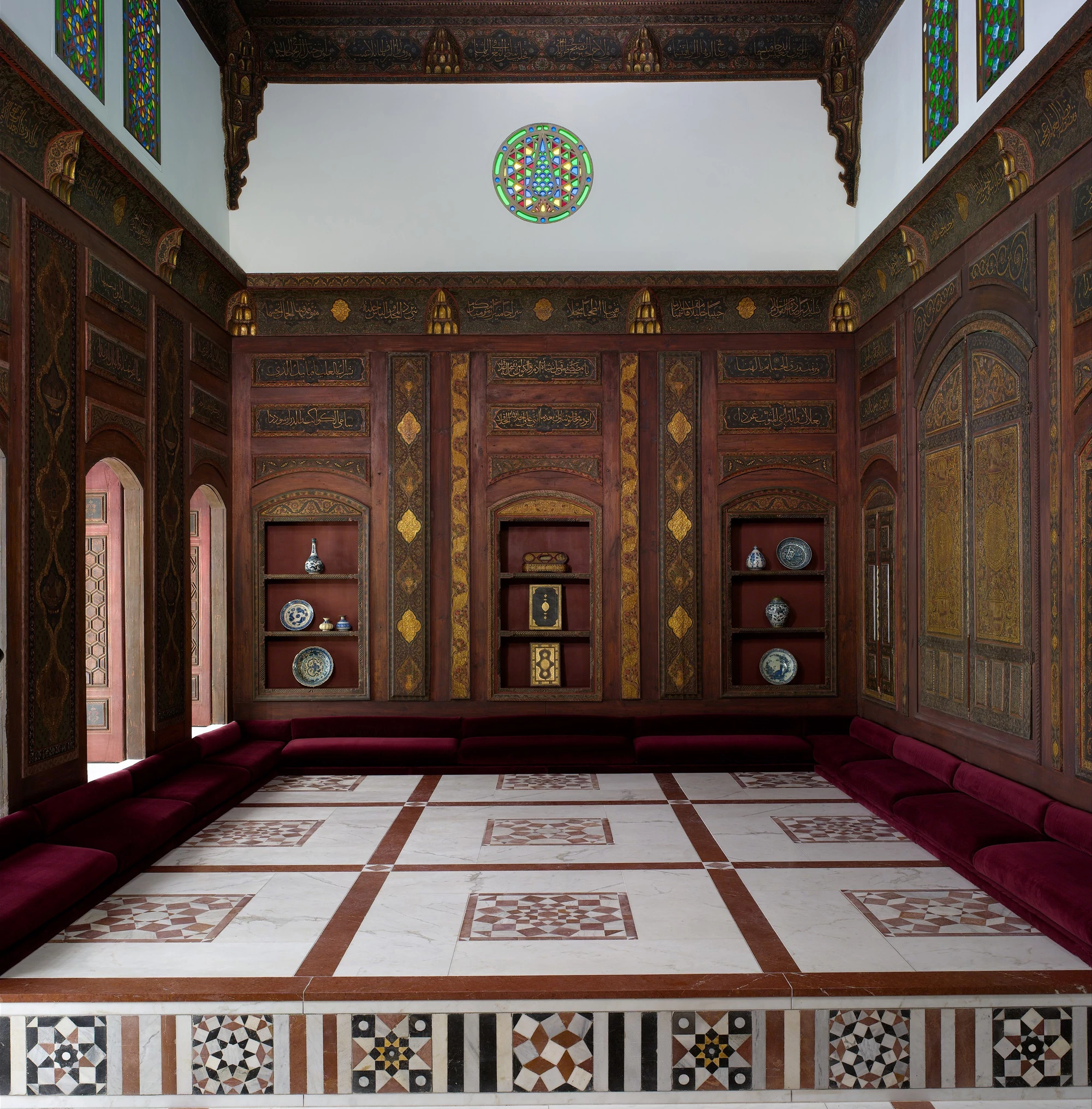
When you don't paint people, things get beautifully, powerfully decorative.
661 – 1243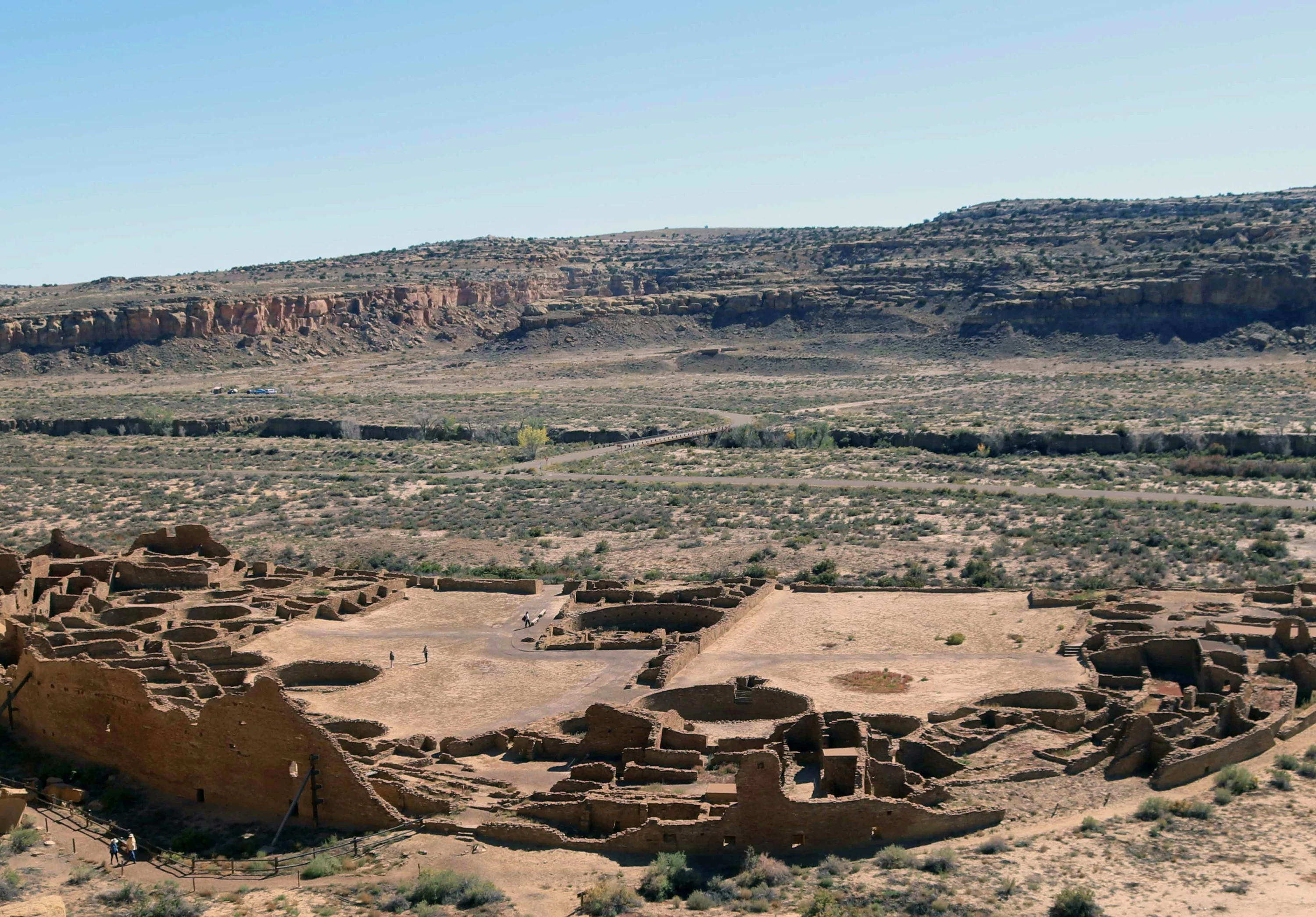
Ghost cities and geometric pottery
750 – 1600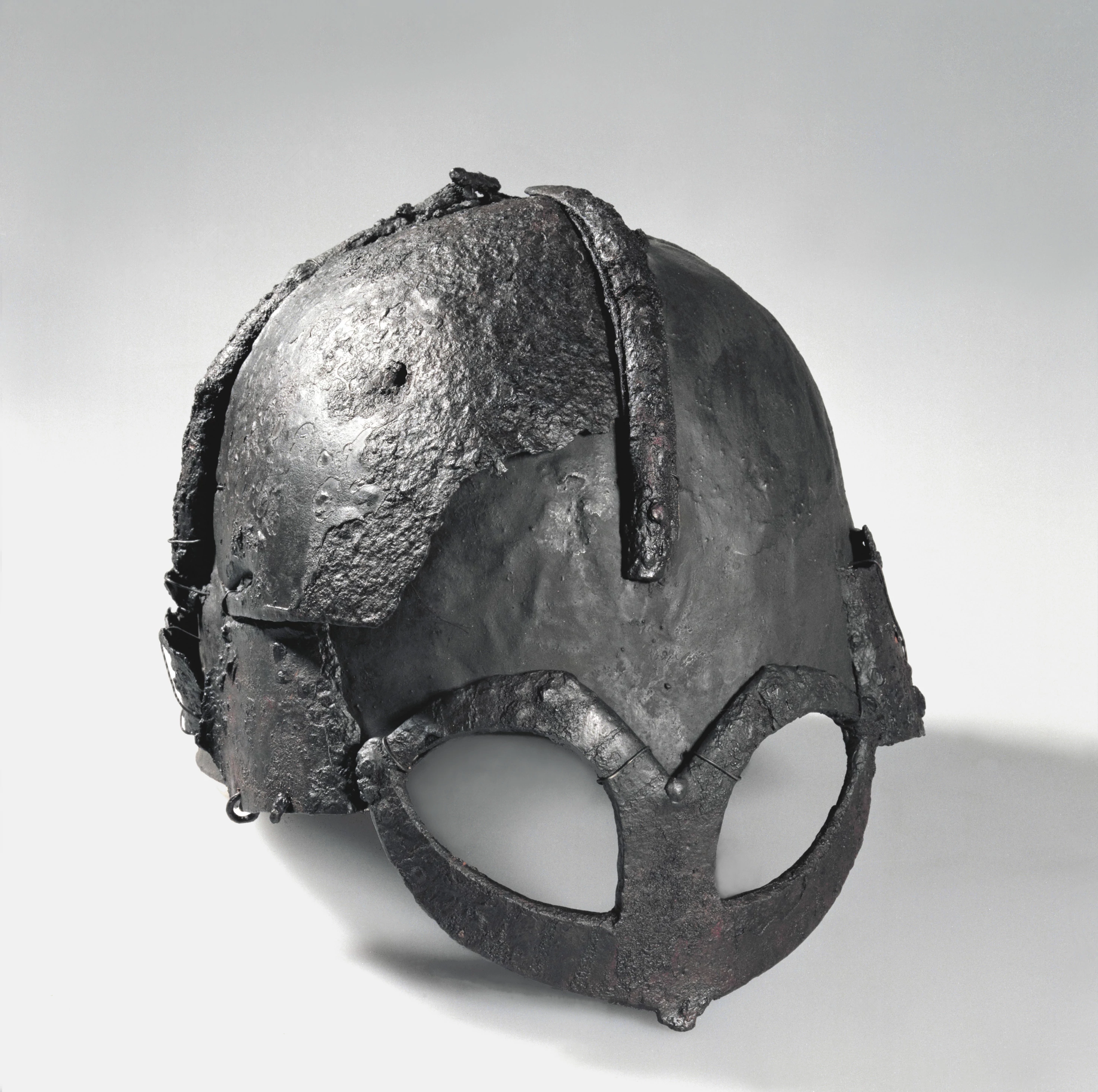
Wolves among sheep
793 – 1066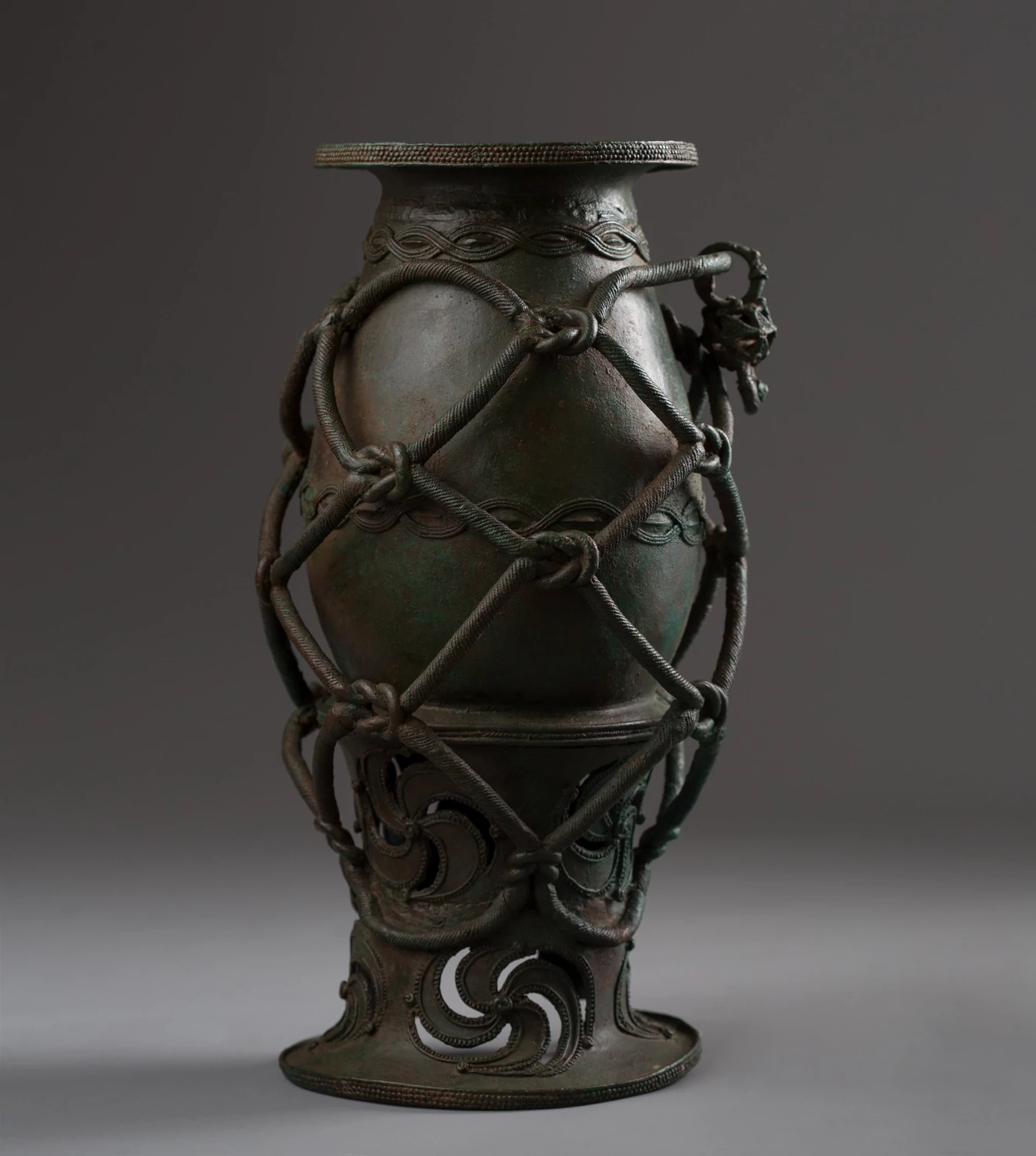
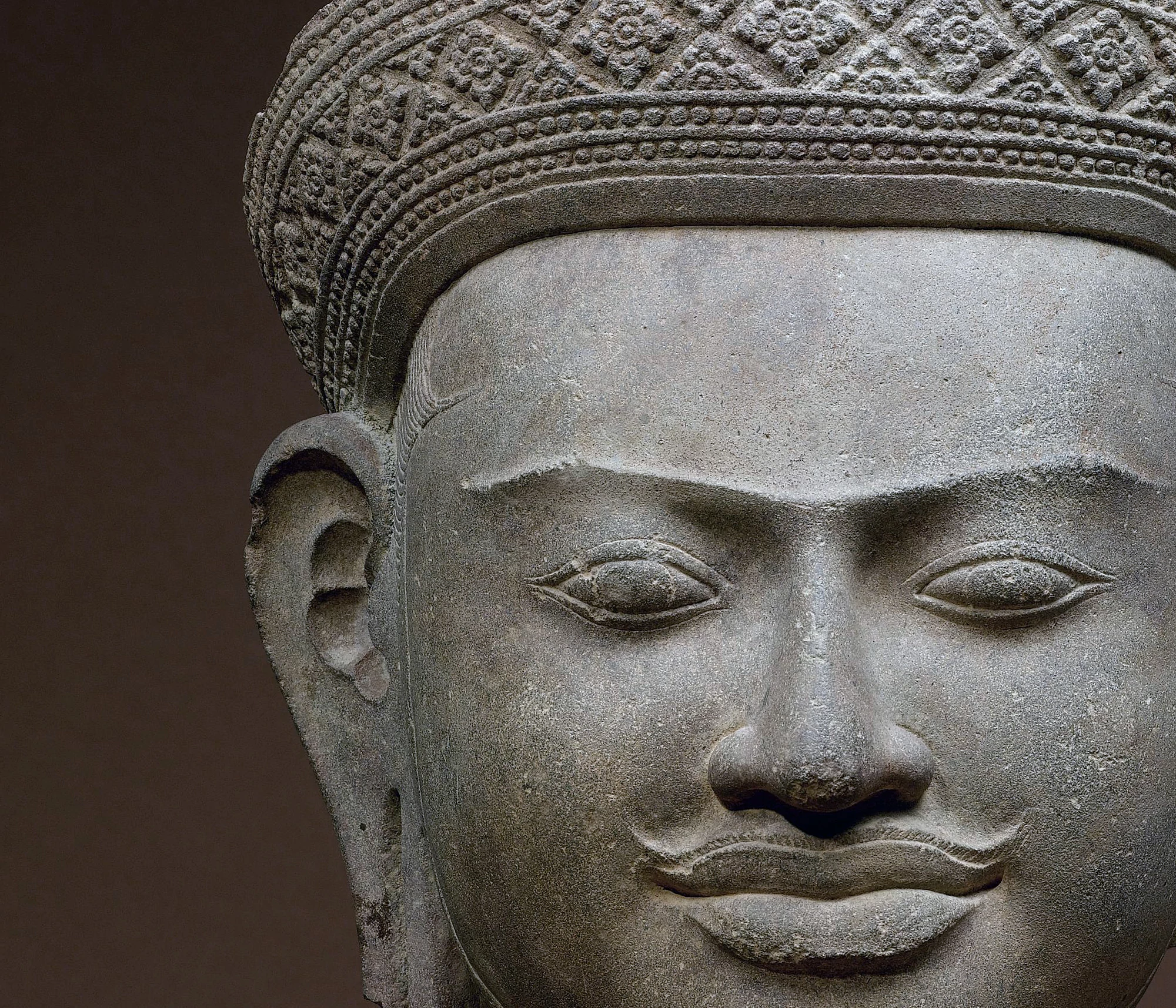
The God-kings and stone cities of Cambodia
800 – 1431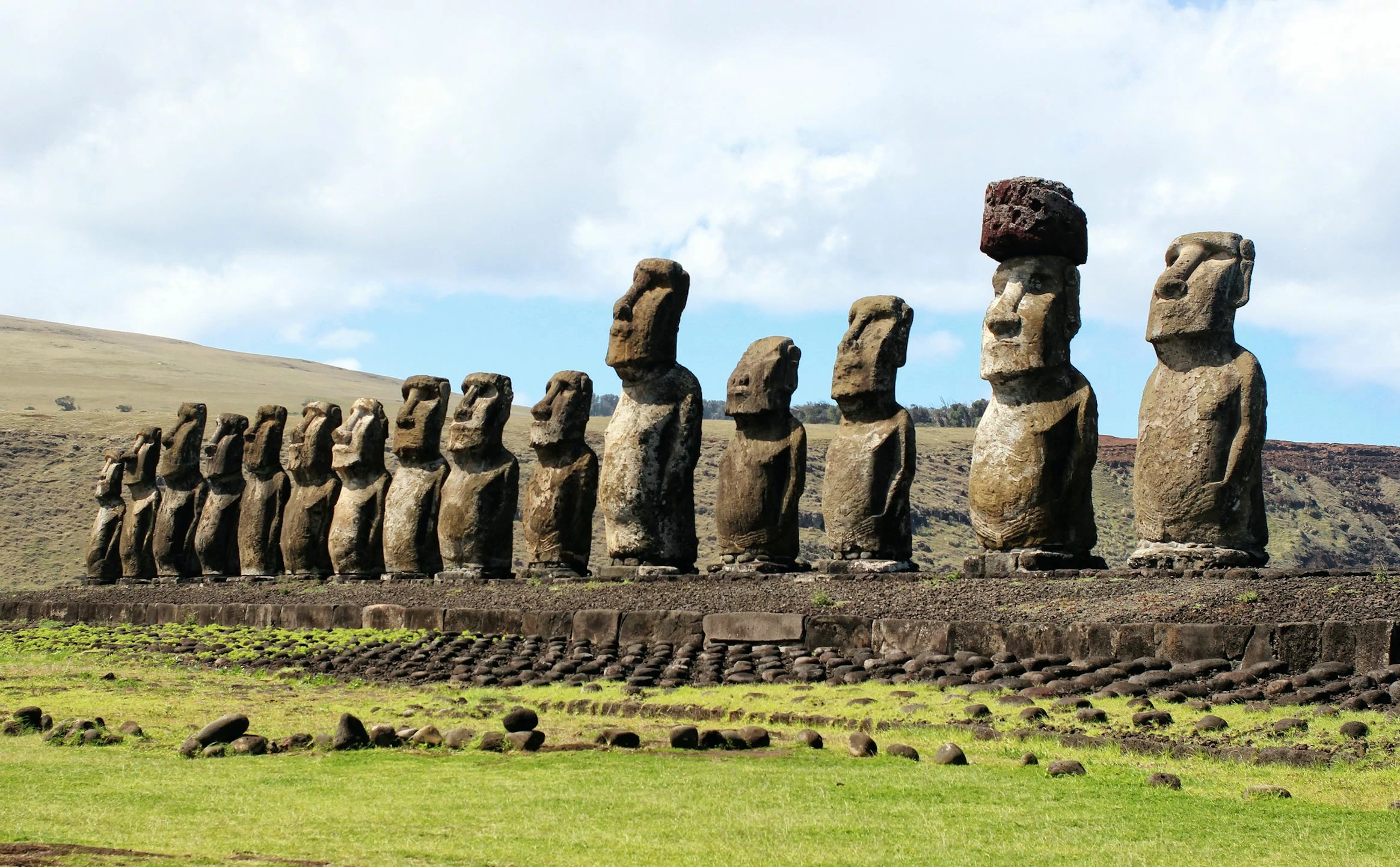
Floating cities and stone heads facing the sea
800 – 1525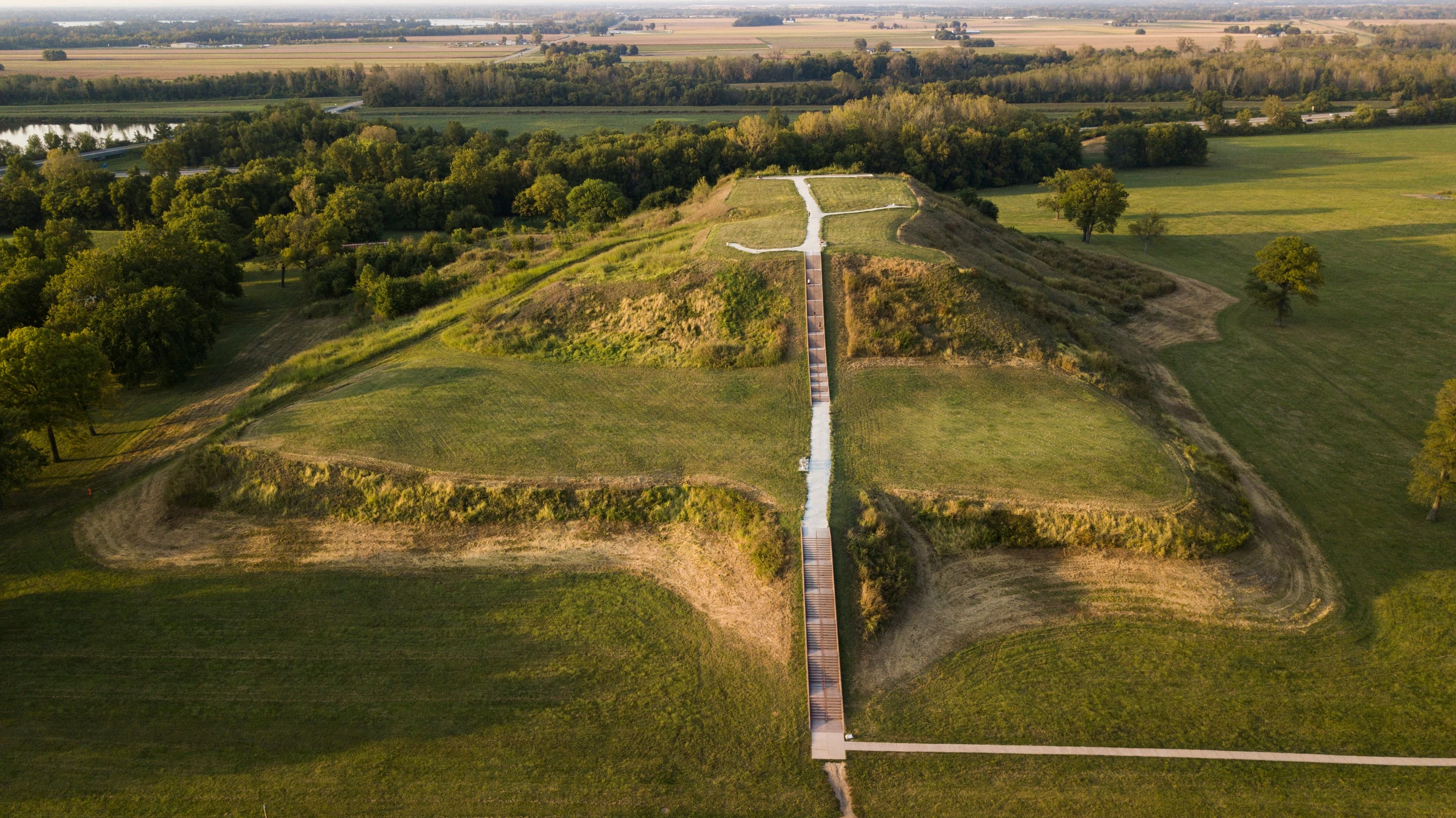
Whose got the tallest mound?
800 – 1540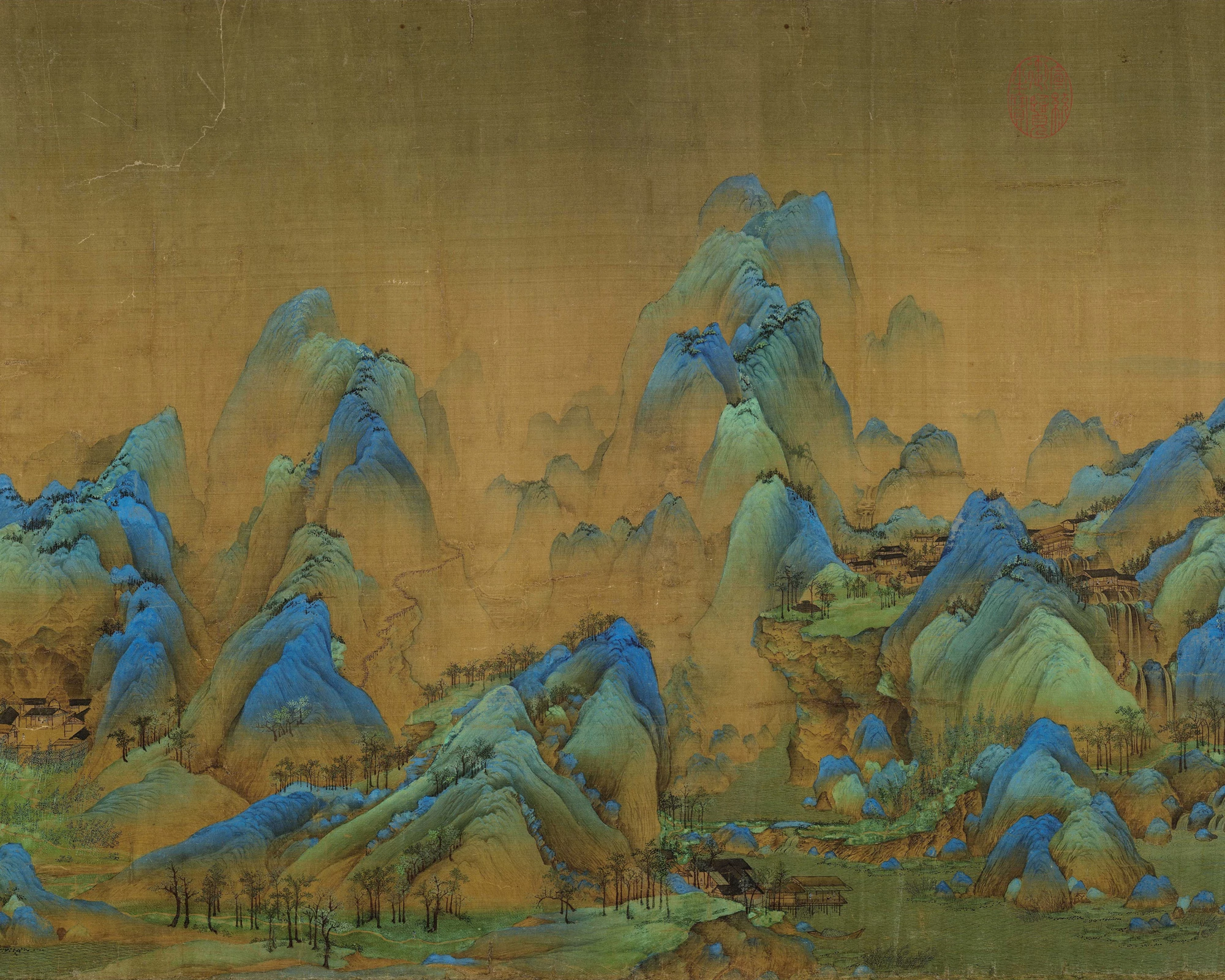
Finding the sublime in nature's power
960 – 1127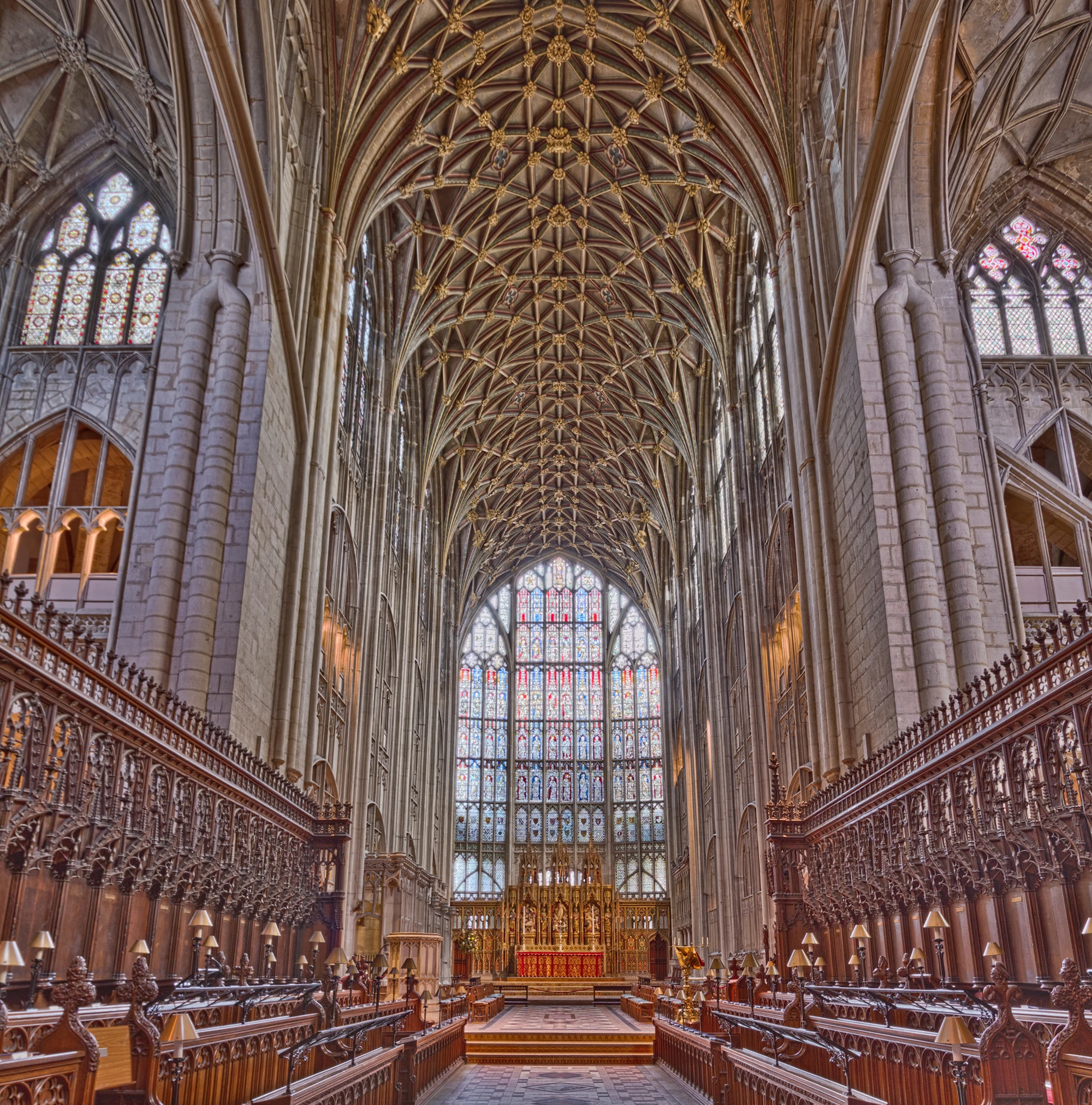
The race for height
1144 – 1500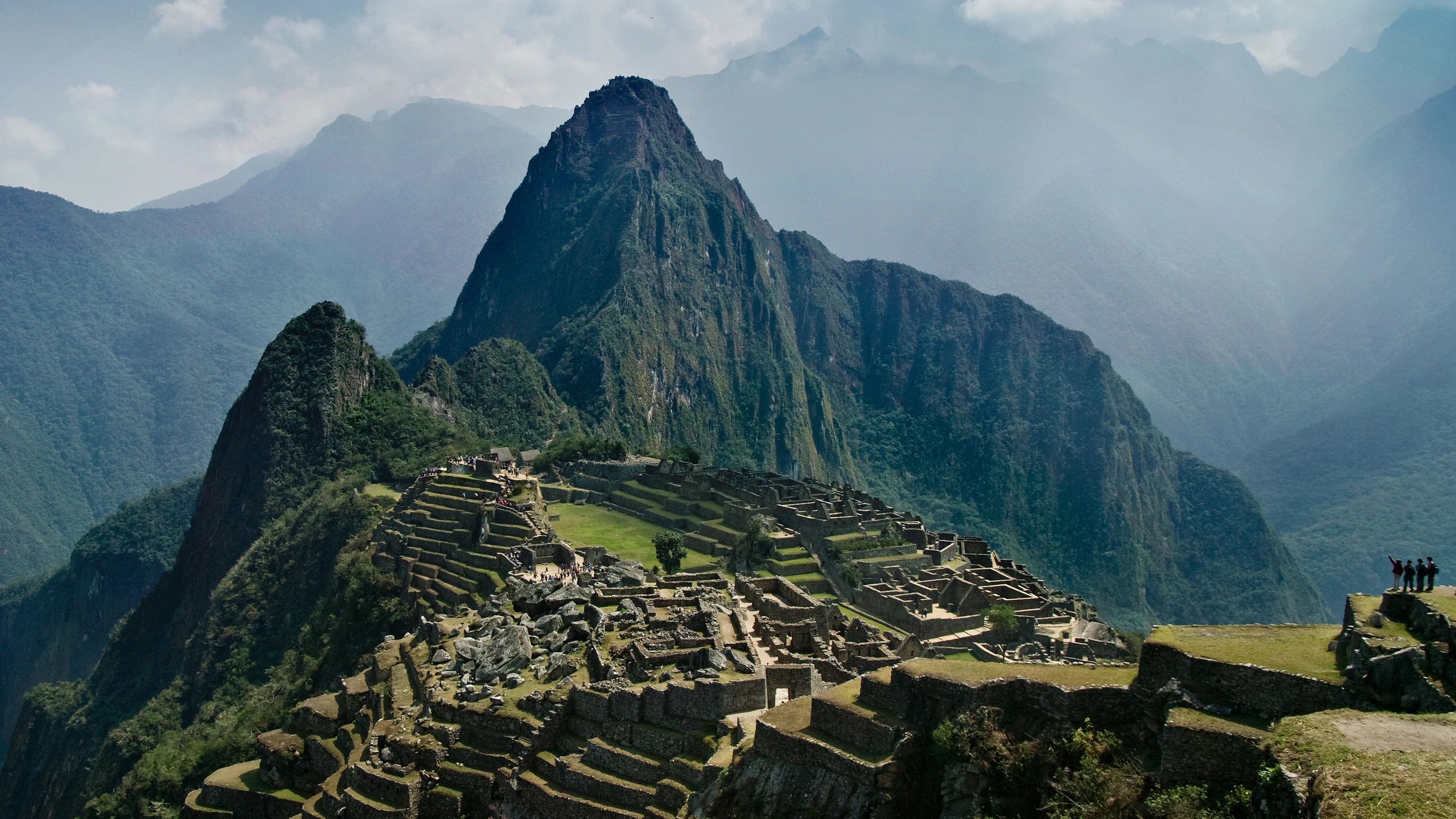
The original American Empire
1200 – 1572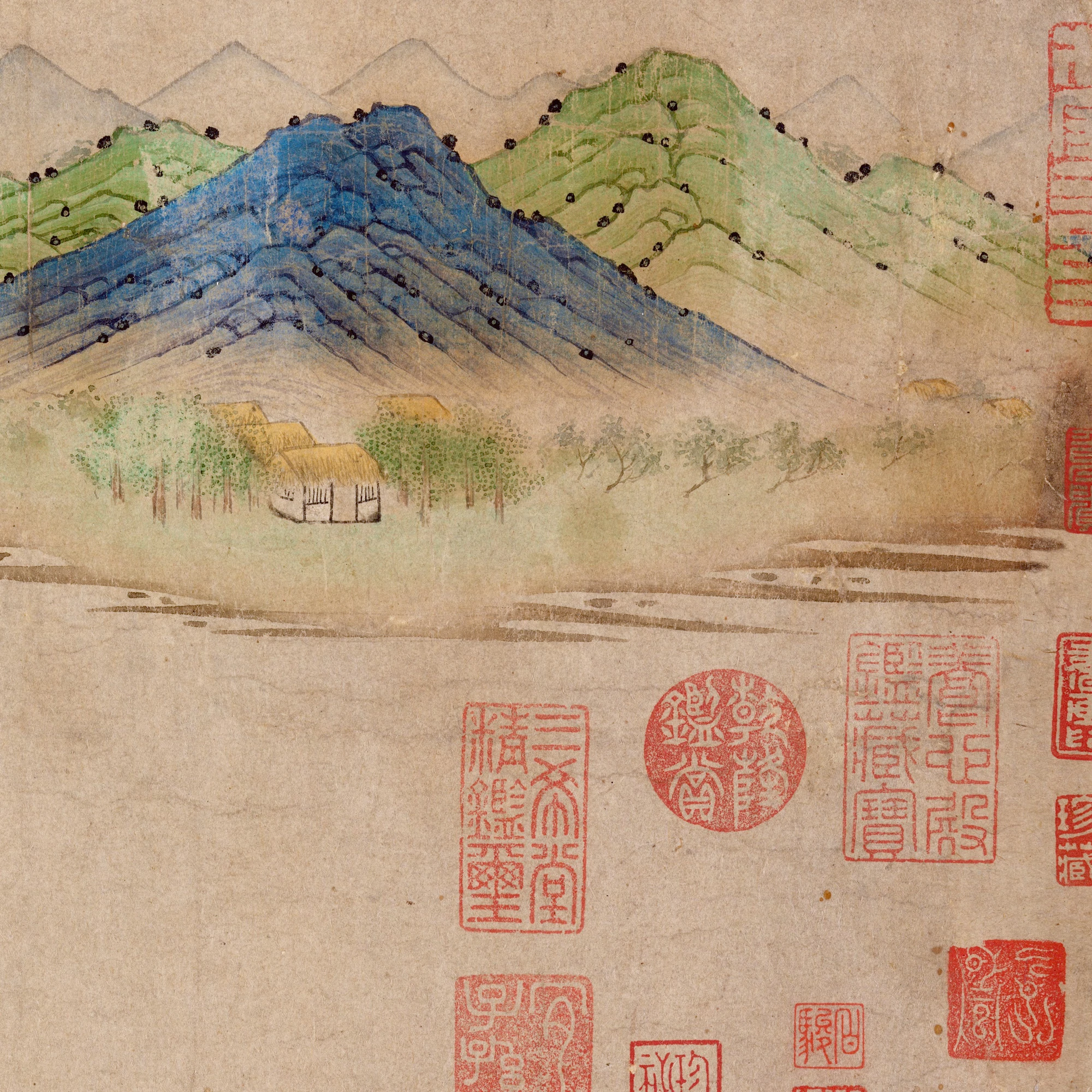
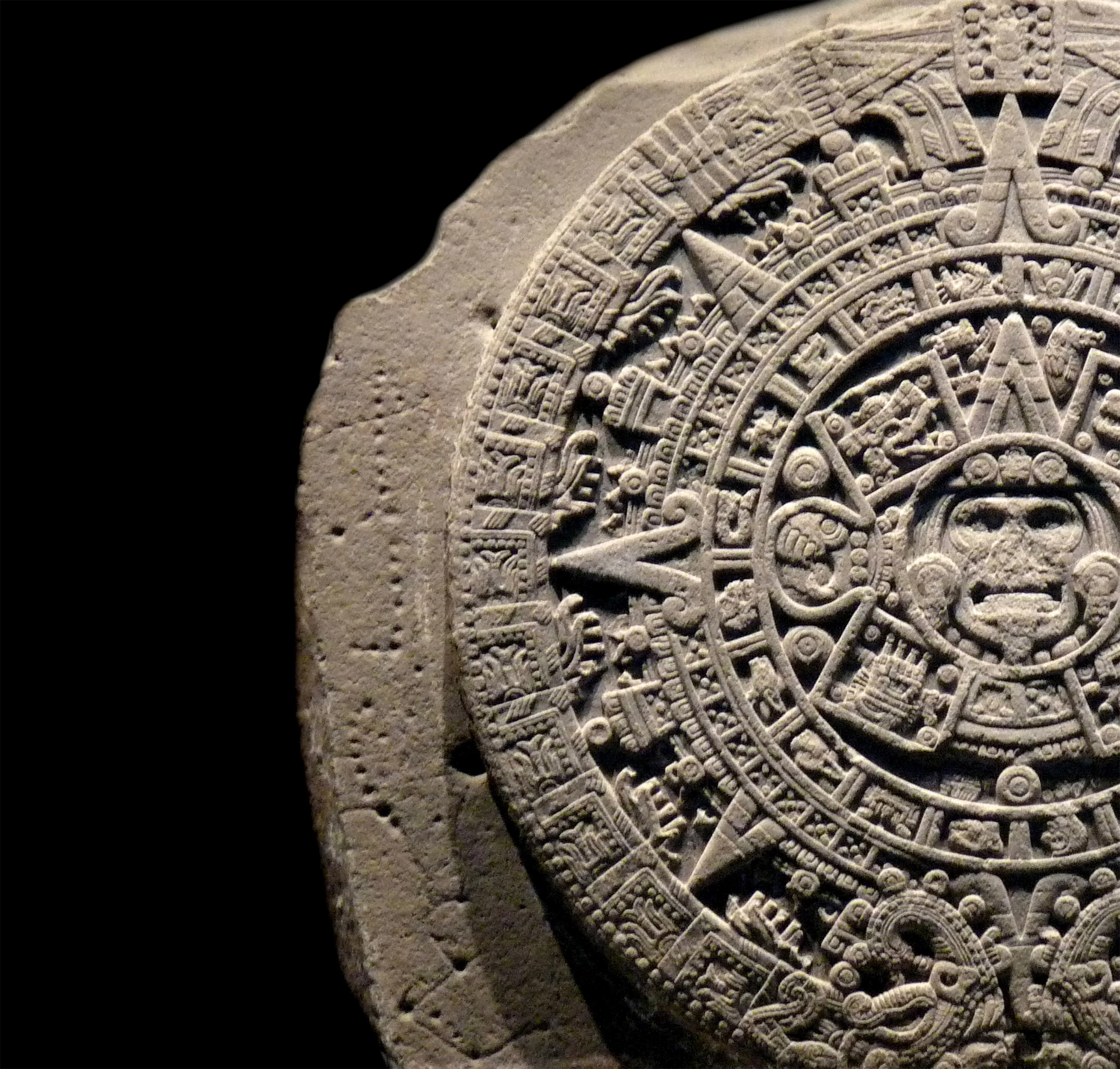
Blood and conquest
1325 – 1521